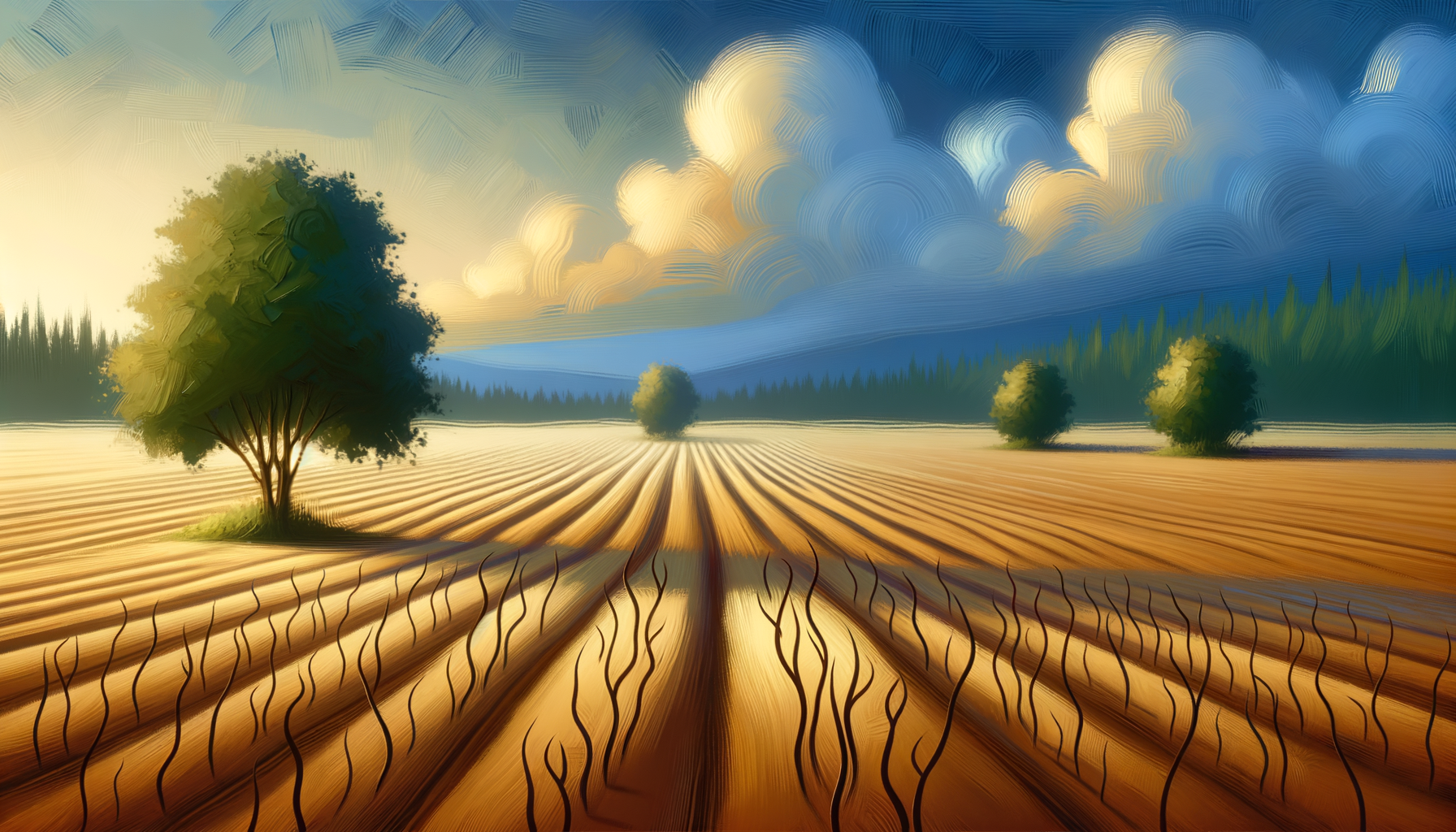I remember the first time I fell in love with words. I was nine, maybe ten, and perched on the steps of my family’s front porch in West Virginia, flipping through an old paperback I’d found at a flea market. The pages smelled of mildew and time, and the story—a meandering tale of love and loss in a coal town that could’ve easily been my own—felt like it had cracked me wide open. I didn’t know words could do that: reach somewhere so deep you’d swear the writer was sitting next to you, spilling secrets only the two of you would ever understand.
That’s why I write. Because words—when chosen carefully and strung together just right—are magic. And if you’ve ever been on a first date or stuck trying to decipher a text that ends in an ominous "k," you know how much the right words matter.
The Power of Storytelling in Everyday Life
Storytelling is everywhere—it’s how we make sense of the chaos of life. Think about the last time you tried to explain why you ghosted someone after three dates (hey, no judgment) or tried to talk a friend into giving you another read on that potentially flirtatious emoji. That’s storytelling.
The funny thing is, before I became a writer by trade, I didn’t realize I was already telling stories every day. In the hollers of West Virginia, storytelling is our currency. My granddad could make a twenty-minute yarn out of the time he went to the store for a loaf of bread. It wasn’t the point of the story; it was the weaving of it—how the neighbor’s dog chased him halfway back, how the bread was fresher than usual, how the tree downed in last week’s storm was still sprawled across the road “like it owned the place.”
I’ve tried to bring that same kind of detail to my writing, whether I’m capturing the slow building of love between two fictional characters or explaining why sharp communication is the bedrock of a healthy relationship. Because those details—the tiny, unexpected ones—are what make a story feel real.
Why Writing Feels a Lot Like Dating
Writing isn’t all that different from dating. Both start with hope and uncertainty. You have an urge—for connection, for understanding, for something bigger than yourself—but it’s messy. It’s never as effortless as it looks in the movies. Fiery, serendipitous epiphanies are few and far between. Most days, it’s more like squinting at a blank page (or worse, an empty “sent” folder in your dating app) wondering if what you’re doing makes any sense at all.
Drafting a story is like those awkward first dates. You stumble, trying to put ideas together in a way that doesn’t sound ridiculous. You second-guess everything: Is this too much? Not enough? But as the story unfolds—or as the relationship grows, if you’re lucky—you start to relax. You start to trust yourself. You learn the beauty of showing up, being patient, and letting the process work on its own timetable.
What Writing (and Writing About Love) Has Taught Me
I write about love because it’s the one thing we all want but continually mess up. And let’s be real, we’ve all been there. I’ve fumbled words on first dates. I’ve tried too hard, backed off too quickly, and sent texts so cringeworthy I wish iMessage had a delete-for-eternity button. All of it finds its way into my stories eventually. It’s easy to see the ridiculousness in hindsight—and real-life fodder has a way of keeping my writing honest.
Through it all, writing keeps teaching me lessons I didn’t know I needed—ones I couldn’t have learned any other way:
- That vulnerability is everything. The most powerful stories begin with someone cracking themselves open. Writing—and dating—demands bravery, the kind that risks being awkward and messy and wrong in the pursuit of something meaningful. You can’t skim the shallow waters and expect to find pearls.
- That clichés are comforting until they’re not. There’s nothing wrong with a good old “love conquers all” moment in a story, but real connection (and believable writing) happens in the messy gray areas. It’s in admitting you don’t know how you feel yet or saying, “I don’t have the answers, but I want to figure it out with you.”
- That the ending doesn’t have to be perfect. We attach so much importance to closure—a satisfying final act where everything is wrapped up in a tidy bow. But life doesn’t work that way, and neither do the best stories. Sometimes, an unfinished ending is the realest one you can tell.
Writing as Self-Discovery
Every time I sit down to write, I learn something new about myself. Sometimes it’s a trivial realization (like that I use way too many em dashes), and sometimes it’s seismic. When I wrote my first novel, set in a fictional coal town that bore an uncanny resemblance to the one I grew up in, I realized how badly I’d needed to make peace with that place—how I’d carried its stories into every room I’d ever walked into, whether I knew it or not.
Writing forces you to look at yourself in ways you might otherwise avoid. It’s a bit like confronting the moment someone asks, “What are we?” when you've been dancing around the answer. Terrifying, revealing, and if you push through, a little liberating.
How to Start Writing (and Why You Shouldn’t Wait for Perfection)
A lot of people treat writing the way they treat first dates—they want the perfect moment, the best setting, the most promising conditions. Spoiler alert: those don’t exist. Waiting for a great idea to hit you like lightning is like waiting for Ryan Gosling to swipe right on you. It’s not going to happen. Good writing—and good relationships—start when you quit waiting for perfection and dive in, flaws and all. Here’s how:
- Start small. You don’t need to write a novel your first go-round. Jot down a funny story from last week, a conversation you can’t shake, or even the odd realization that pineapple pizza reminds you of your first boyfriend.
- Be curious. Ask questions. Why does a breakup always feel worse at midnight? What makes someone swipe left instead of right? There’s a story in every observation, even if it doesn’t seem profound at first glance.
- Don’t be afraid to fail. Every terrible first draft teaches you more than a dozen polished Instagram captions ever could.
Why I Keep Writing
People sometimes ask why I still write, even after the occasional scathing critique or the days when I stare at my keyboard like it’s my mortal enemy. I write because there’s nothing else like it. Nothing else offers the same dangerous, addictive mix of creativity and chaos.
And in my heart, I think I keep writing for the same reason I keep looking for connection—I want to matter. I want to reach someone out there who feels invisible or unheard. Maybe it’s you, reading this now, wondering if there’s something in your life worth putting into words. (Spoiler: there is. There absolutely is.)
So, if you’re on the fence about writing—or love—or whatever journey you’re eyeing but scared to jump into, here’s my advice: Lean in. Even if it’s messy. Especially if it’s messy. You’ll be surprised at what you find when you’re brave enough to start.
Take it from a writer: The stories we tell ourselves—and each other—can be the difference between saying “just another day” and living a life that feels worth writing about.




















